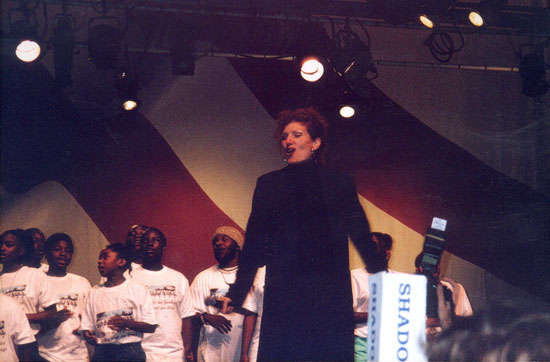 Editor's Notes Editor's Notes
Keeping an Eye on Congress
By Chuck Armsbury
We're
noting an increase in phone calls and emails asking when the
good time law goes into effect, or "when did the President
sign a parole bill". There's much confusion expressed about
which petition to sign, or legislation believed passed, but which
had only been filed and died without action last year. We seek
to relieve confusion by dispelling rumors circulating within
prisons. As of early March 2009, of particular interest to drug
war imprisoned, there are three bills introduced by Rep Sheila
Jackson Lee (D-Tx):
HR 265: The Drug Sentencing Reform and
Cocaine Kingpin Trafficking Act of 2009.
To target cocaine kingpins and address sentencing disparity between
crack and powder cocaine. Introduced,1/7/2009 the bill would
Amend the Controlled Substances Act and the Controlled Substances
Import and Export Act to increase the amount of a controlled
substance or mixture containing a cocaine base (i.e., crack cocaine)
required for the imposition of mandatory minimum prison terms
for crack cocaine trafficking to eliminate the sentencing disparity
between crack and powder cocaine.
HR 68: No More Tulias: Drug Law Enforcement
Evidentiary Standards Improvement Act of 2009 would increase the evidentiary standard required
to convict a person for a drug offense, to require screening
of law enforcement officers or others acting under color of law
participating in drug task forces, and for other purposes.
Introduced 1/6/2009 the bill prohibits
a state from receiving for a fiscal year any drug control and
system improvement (Byrne) grant funds under the Omnibus Crime
Control and Safe Streets Act of 1968, or any amount from
any other law enforcement assistance program of the Department
of Justice, unless the state does not fund any antidrug task
forces for that fiscal year or the state has in effect laws that
ensure that:
(1) a person is not convicted of a drug
offense unless the facts that a drug offense was committed and
that the person committed that offense are supported by evidence
other than the eyewitness testimony of a law enforcement officer
(officer) or individuals acting on an officer's behalf; and
(2) an officer does not participate in
a antidrug task force unless that officer's honesty and integrity
is evaluated and found to be at an appropriately high level.
Requires states receiving federal funds under this Act to collect
data on the racial distribution of drug charges, the nature of
the criminal law specified in the charges, and the jurisdictions
in which such charges are made.
HR 61: The Federal Prison Bureau Nonviolent
Offender Relief Act of 2009 would
amend Title 18, United States Code, to provide an alternate release
date for certain nonviolent offenders, and for other purposes.
Introduced 1/6/2009 would direct the Bureau of Prisons, pursuant
to a good time policy, to release a prisoner who has served one
half or more of his or her term of imprisonment if that prisoner:
(1) has attained age 45;
(2) has never been convicted of a crime
of violence; and
(3) has not engaged in any violation, involving
violent conduct, of institutional disciplinary regulations.
I hope readers study and make use of the
article on Obama's intentions on page 18. Use it as a checklist
on how well he keeps his word, or tries to, but also as a reminder
of your part by making him do it. Never has a US President been
so open to progressive answers for criminal justice questions,
and so prepare yourselves for a year of communicating with the
White House, Congress and your state and local leaders. To track
congressional bills online, an interesting and participatory
website (used to prepare these notes) is at www.opencongress.org.

Jillian Armsbury (1962-2009) performs with the children's chorus
at the 2000 Shadow Convention, Philadelphia, PA. |
Sadly, my daughter Jill Armsbury-Pendarvis
died January 20th of this year. Long-term members may remember
that Jill volunteered with the Coalition at the Philadelphia
Shadows Convention of 2000, leading children orphaned by drug
war imprisonment in an inspired chorus of song. A victim of exposure
to asbestos, she had been a successful professional singer, not
a miner or installer of asbestos products, and will always be
my shining star.
Solidarity forever, 
For updated information about sentencing and drug
policy related legislation, click here.
|




![]()
 Editor's Notes
Editor's Notes